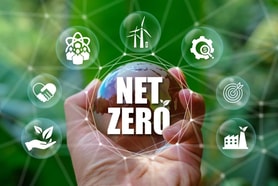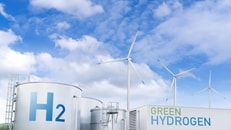Closing digital gender gap on International Women’s Day
Companies across the energy and industrial sectors are being urged to close the digital gender gap as the world unites behind International Women’s Day (March 8).
This year’s theme, ‘DigitALL: Innovation and technology for gender equality’, underlines the importance of embracing transformative technology to empower all women and girls (under social hashtag theme #EmbraceEquity).
With the energy industry in the midst of an unprecedented transition, that means ensuring equitable access to education and training for in-demand STEM skills, and equitable access to jobs and leadership opportunities in the ‘industries of the future’ – where technology and sustainability will unquestionably take centre stage.
By 2030, the International Renewable Energy Agency (IRENA) expects the number of jobs in the energy sector could rise to 139m – compared to 12.7m in 2021 – including more than 74m in energy efficiency, electric vehicles, power systems/flexibility and hydrogen.
... to continue reading you must be subscribed
























